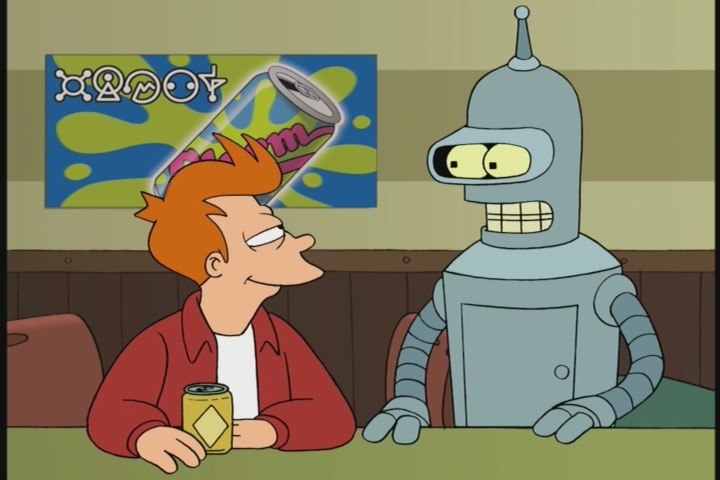Kristine Faith D. Valle
2013-14356
A
Reaction Paper on “The Rhetoric of Cancer” by Andrew Graystone
If
one would observe the usual approach to cancer, almost every time, cancer
patients and their loved ones are told to fight the battle of cancer. There is
a culture prevalent in society that breeds an environment that looks at cancer
in a negative light, a plague in life, a disease that we have to get rid of in
our bodies. This isn’t surprising given that, cancer, most of the time leads to
death. However, in this podcast, the real “battle” of cancer isn’t about
casting those bad cells out of our systems but learning to love it, as if it is
your own, no matter how much pain and suffering it causes you for this disease
is a part of your body, making up the whole. It's pretty funny, the first time I heard it but it made me reflect on what the "fight" to cancer should be about.
Ever
since this documentary, I never looked at cancer as something that anyone would
ever appreciate and most especially, “should” appreciate. I’ve seen my
relatives suffer and pass away because of it. I’ve seen how hard it is to
sustain your life financially with cancer and the physical and emotional pains
it causes to the individual and even their own loved ones. The normal way
really, to look at cancer is a disease that everyone must regret at all extents.
In the podcast however, Andrew calls it a “gift”, a very important part of his
journey that changed who he was for the better. It’s odd to look at it that
way, when you have all those dangerous cells, eating away your life; it really
seems like a “war zone” in there. Reflecting on it, dealing with cancer as if
it was a “battle” or a “war” , just makes it easier for people to have negative
emotions of regret, anxiousness, sadness and the like much like in a war.
However honorable the reasons why people fight the war, no one truly wins it,
and in that arena of bloodshed when people are fighting the “battle”, it’s hard
to be humanistic or to be happy. So, why are we treating this disease like a
war in our bodies? Andrew Graystone was right when he said that we should learn
to love every part of our body because the tiniest details, whether or not it
is good or bad, make up who we are, and therefore, all of those are important
in our lives.
One
interesting thing to note why I think he looks at cancer in this perspective is
because he doesn’t fear death. Oftentimes, people regret this disease because
life is a priced thing and we wouldn’t want to lose it but as he states “Don’t get me wrong, I don’t want to have
cancer, but I warn you that when I die, if any one says that I have lost my
battle against cancer, I will personally come back and haunt them.” Oftentimes, we are made to believe that “losing
the battle” means dying but I don’t think it is. Here, he says that what makes
this disease worth it is his growth as a human being and as a Christian. I
believe that this is the best approach in fighting cancer. We have to learn to
love it, embrace it and cherish it just like every part of our body. It is a
matter of acceptance and courage and this journey, not fight, to cancer will be
a worthwhile experience.


